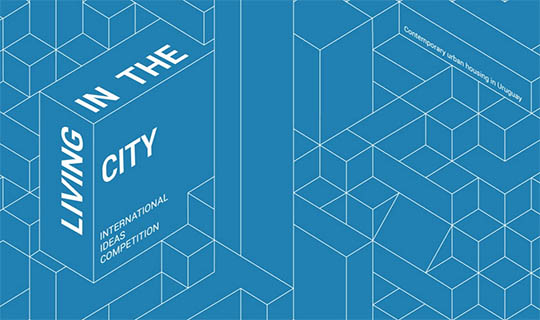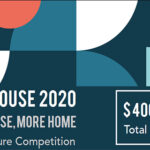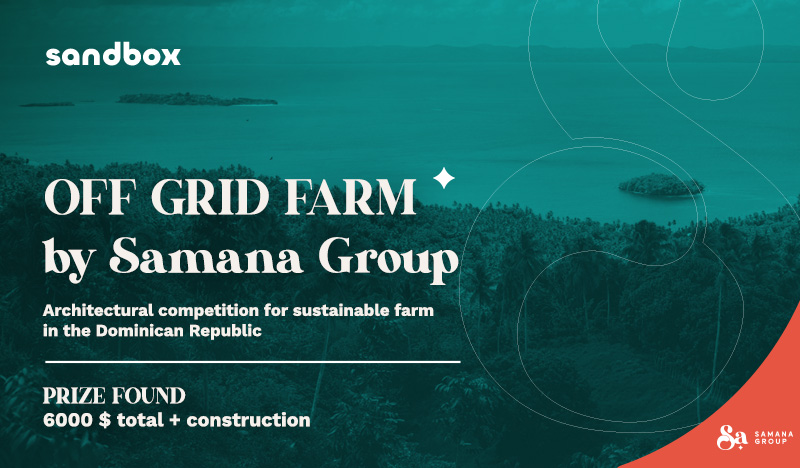Submission: August 18, 2019
Registration: August 14, 2019
Language: English
Location: Concept
Prizes: Please see details below
Type: Open
The Ministry of Housing Land Planning and Environment through the Directorate of Housing (DINAVI) and the Faculty of Architecture, Design, and Urbanism (FADU) through the Housing Committee come together to organize a competition of proposals open to students, teachers, and professionals in general. The entries should develop project-ideas conceived as alternatives and innovations to the current ways of management, design, and construction of urban housing in Uruguay.
The context
The dynamics of the contemporary living present a strong challenge for understanding and approaching current problems of habitability. That results in high levels of complexity of the different ways the city is inhabited, which are the reflexion of profound changes and transformations in the cultural, social and economic patterns of the urban dweller.
The Urban-Habitational System is a complex organism and constitutes the physical support of those dynamics. To analyze, update and transform the parameters of analysis and the design of suitable tools to operate in such a system, is a great challenge for the performance of public policies. The architecture discipline and the city itself must adjust to these changes in order to be able to give the best possible answers to the needs of the current and future inhabitants.
Access to urban land is a key aspect for the development of public policies which aim to facilitate the access to housing and to a decent habitat to the public. Managing the urban land includes designing housing alternatives in places that have all the infrastructure and services: work, health, education, culture as well as citizen participation. In this sense, one of the guiding principles of the National Strategy for Access to Urban Land is that all inhabitants have the right to use and enjoy a city where adequate conditions of life and coexistence are assured.
This contest aims to be a contribution to thinking about the ways of “living in the city”, whose perspective includes academic conceptualization, praxis in specific territorial areas and public policies.
50+1 years of the National Housing Law
In 2018 the 50th anniversary of the National Housing Plan, Law N. 13728, was commemorated in Uruguay. This commemoration was the excuse to critically review its validity, honoring the avant-garde spirit with which it was conceived. There were several activities that allowed the reflection about this legal instrument which was the origin of innovative programs such as housing cooperatives or social-housing funds. This law also defined the standards in relation to the family and housing units, established the roles of the different actors in the housing system, created specific financial tools, etc. To develop a proactive and innovative look on housing and urban issues is the best way to honor the avant-garde and breakthrough spirit that inspired that law. We should recognize what has already been done, analyze its validity in the current situation and imagine answers for times to come.
New Challenges to the future of Housing and Habitat
“Living in the City” aims to think-by-design about the emerging demands of the reality in an innovative way. The new modes of households arrangement, the increase of single-person and single-parent households, different patterns of mobility in the territory, transformations in the labor world and the re-introduction of the work into the domestic sphere, the strong technological changes, etc., define “new spatial conditions” to the house. These conditions generate different patterns in the organization of the domestic space and new negotiations in the collective spaces, with the consequent impact on the cities and/or territories which are inhabited.
The context described results in urgent challenges to the way we think housing solutions for tomorrow, in an interdisciplinary and inter-institutional way, at all its different scales. These solutions should be able to manage accessibility and affordability with high spatial and material qualities, as well as proposing innovative and stimulating alternatives to the functional organization. They should also allow the appropriation of the dwellers in the production and/or regeneration process throughout the life cycle of the house.








